In recent years, a significant concern has been raised by various economic experts, including Elon Musk and Michael Burry, regarding the increasing levels of credit card debt among American consumers. This escalating debt, they warn, poses a serious threat to the overall health of the U.S. economy.
The consensus among these experts is that the growing reliance on credit cards for everyday expenses could lead to a considerable slowdown in consumer spending, a vital component of economic stability.
Carl Weinberg’s Analysis of Consumer Debt
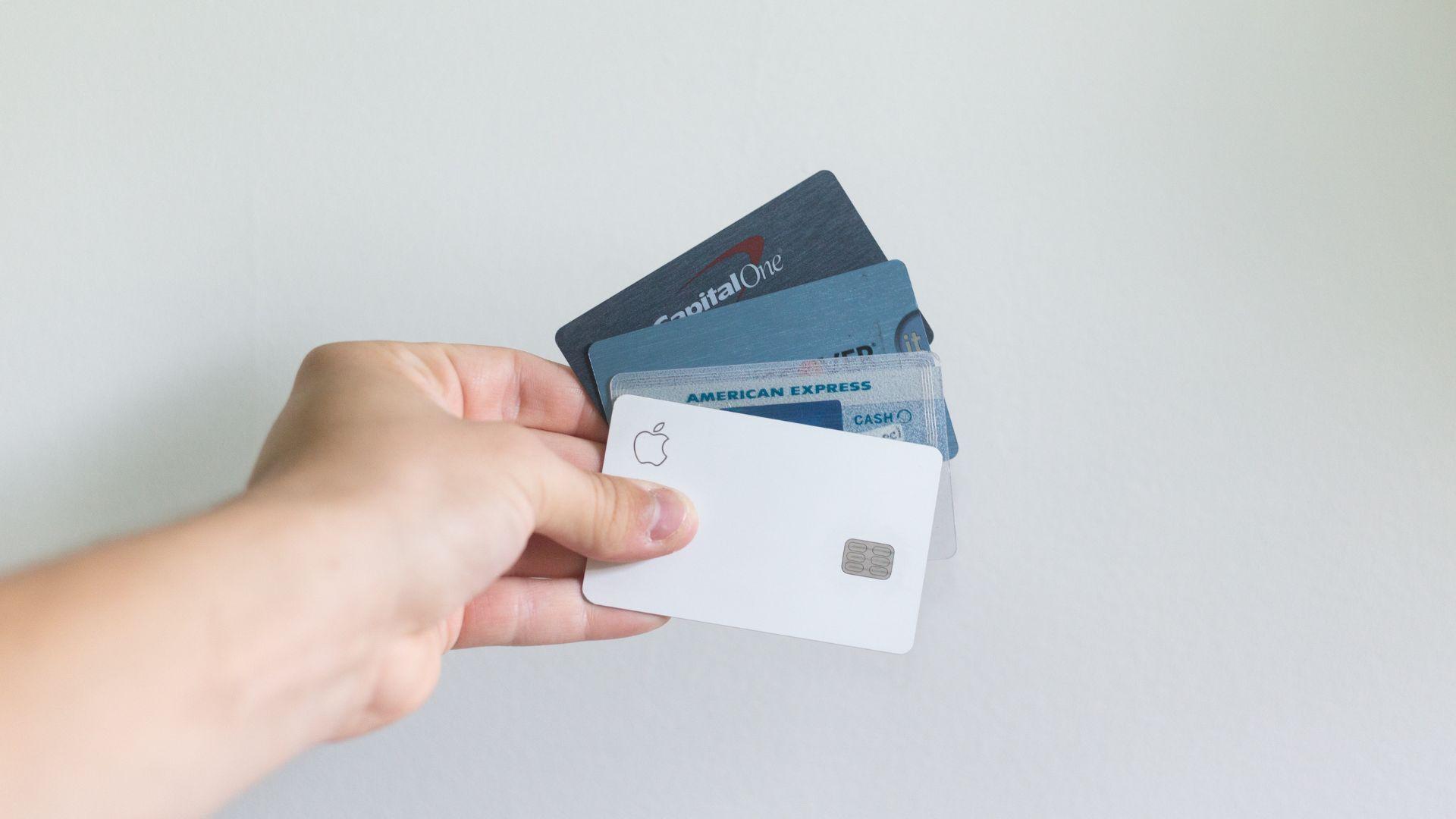
Carl Weinberg, a respected economist, has joined the ranks of those voicing concerns about the American consumer’s debt situation. He points out that the country is witnessing unprecedented levels of credit card debt, which could potentially trigger a reduction in consumer spending.
However, Weinberg’s outlook isn’t entirely bleak; he anticipates a cooling of the economy but stops short of predicting a recession. He also foresees a decrease in inflation rates in the near future.
The Alarming Reality of Credit Card Interest

Carl Weinberg has expressed alarm over the realization by consumers that their spending habits, heavily reliant on credit cards, come with burdensome interest rates.
He predicts that this awareness will lead to a decrease in consumer spending as people become more cautious about accumulating debt. This reduction in spending, according to Weinberg, is likely to occur in the new year, as consumers reassess their financial strategies.
Elon Musk’s Perspective on Debt and Living Conditions
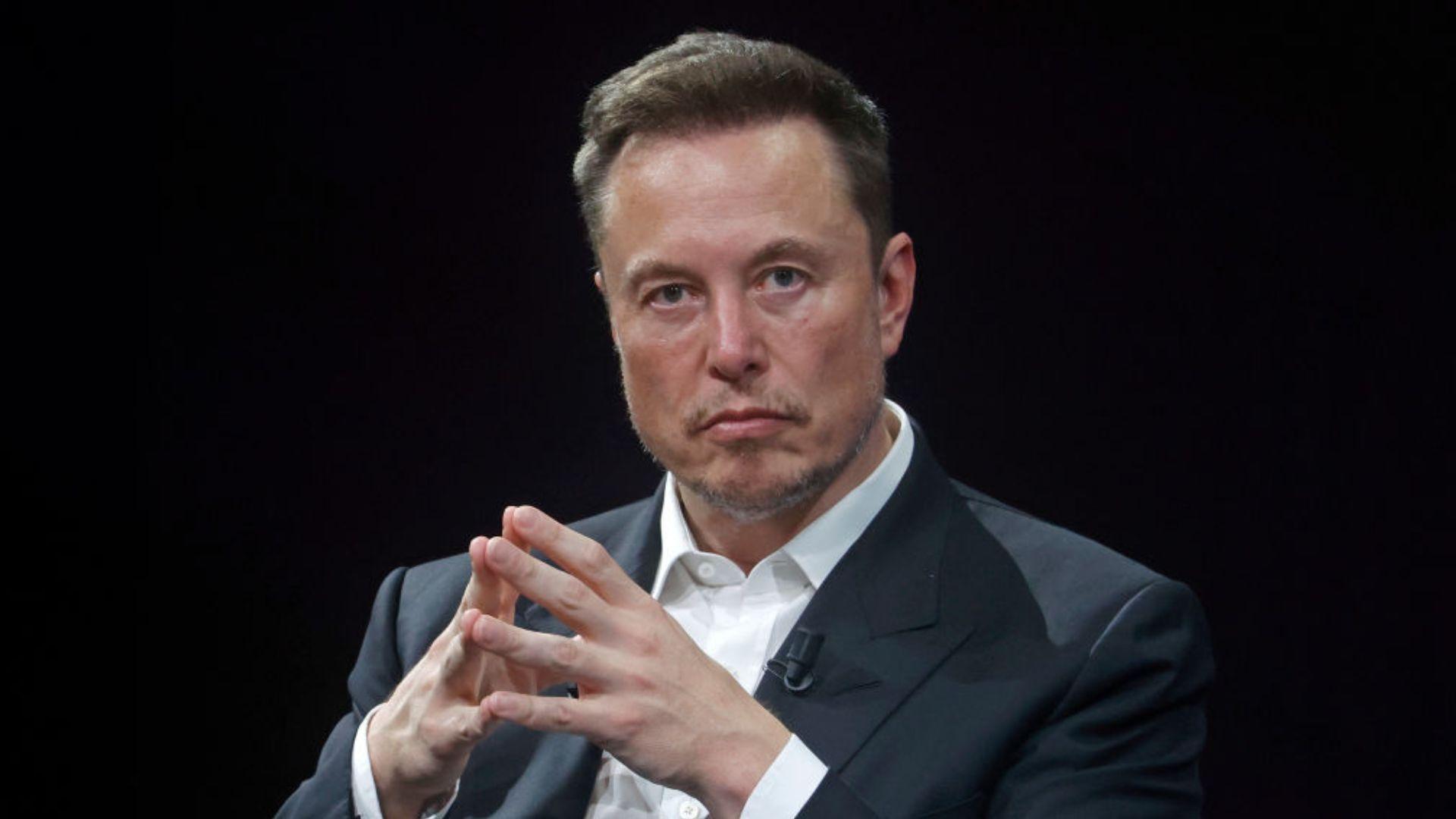
Elon Musk has shed light on the challenging financial situation faced by many Americans. He observes that a significant portion of the population is living paycheck to paycheck, burdened by substantial debt.
Musk specifically highlights the issue of high credit card payments, speaking during Tesla’s third-quarter earnings call, he described interest levels as “extremely punishing” (via Fox Business). This situation, he suggests, could lead to dire financial consequences for those unable to manage their debts effectively.
Michael Burry’s Warning on Spending and Savings
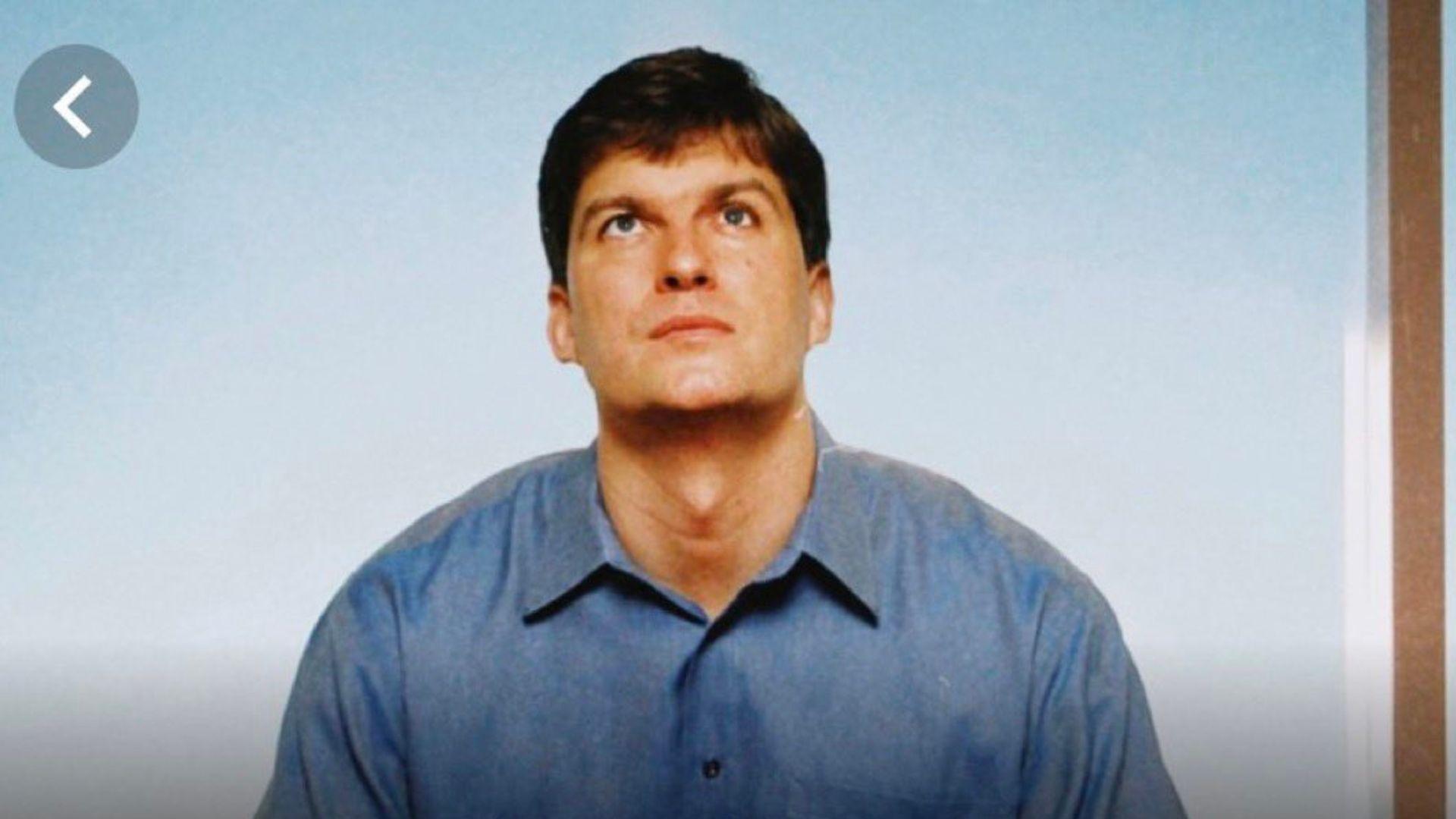
Michael Burry, known for his role in predicting the 2008 financial crisis, has warned that consumer behavior has shifted negatively since the pandemic.
He notes that people are using their savings less and relying more on credit cards to manage increasing prices and interest payments (via Business Insider). This trend, Burry believes, could lead to a significant decrease in spending and potentially result in a recession.
A Unified Voice of Economic Concern

Prominent figures in finance and economics, including Ken Griffin of Citadel, bond experts Bill Gross and Jeff Gundlach, and analysts from JPMorgan, share similar concerns regarding American consumer debt.
They have observed a troubling pattern of increased credit card usage among consumers faced with high inflation and rising borrowing costs, underlining a collective anxiety about the economic implications of these trends.
Inflation and Rising Borrowing Costs
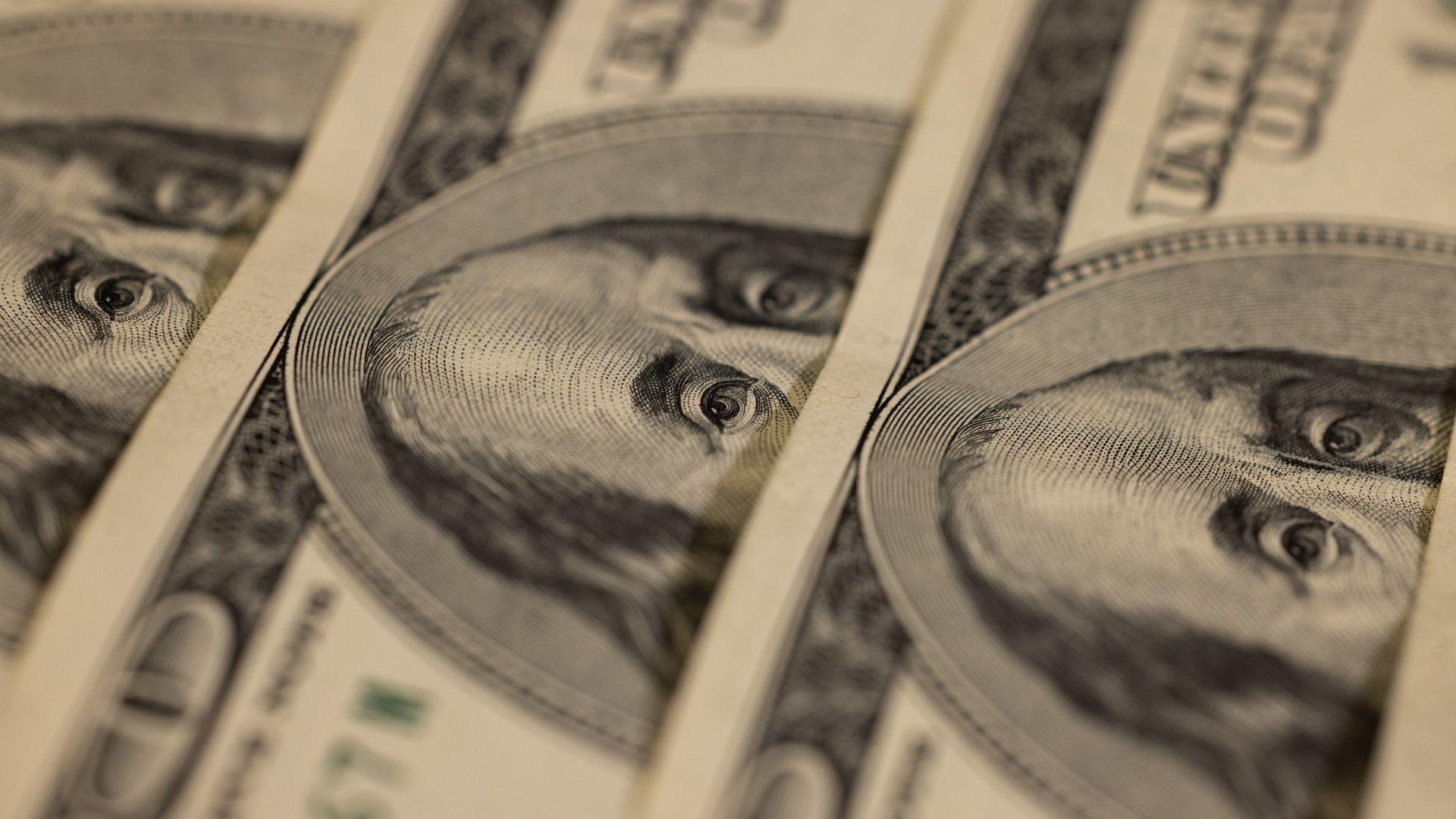
The past 18 months have seen American consumers grappling with a combination of steep inflation and increasing borrowing costs. Inflation rates soared to over 9% last summer, significantly higher than the Federal Reserve’s target.
In response, the central bank raised interest rates from near zero to above 5%, consequently increasing the financial burden on consumers through higher monthly payments for mortgages, car loans, credit cards, and other debts.
Weinberg’s Forecast: Economic Slowdown, Not Recession

Carl Weinberg provides a somewhat reassuring perspective, predicting that the U.S. economy may experience a slowdown but is unlikely to enter a recession.
He believes that while consumer spending will pull back, it won’t be enough to cause a complete economic downturn. This view offers a glimmer of hope in the midst of widespread concern about the country’s financial future.
Record High Credit Card Balances and Delinquencies
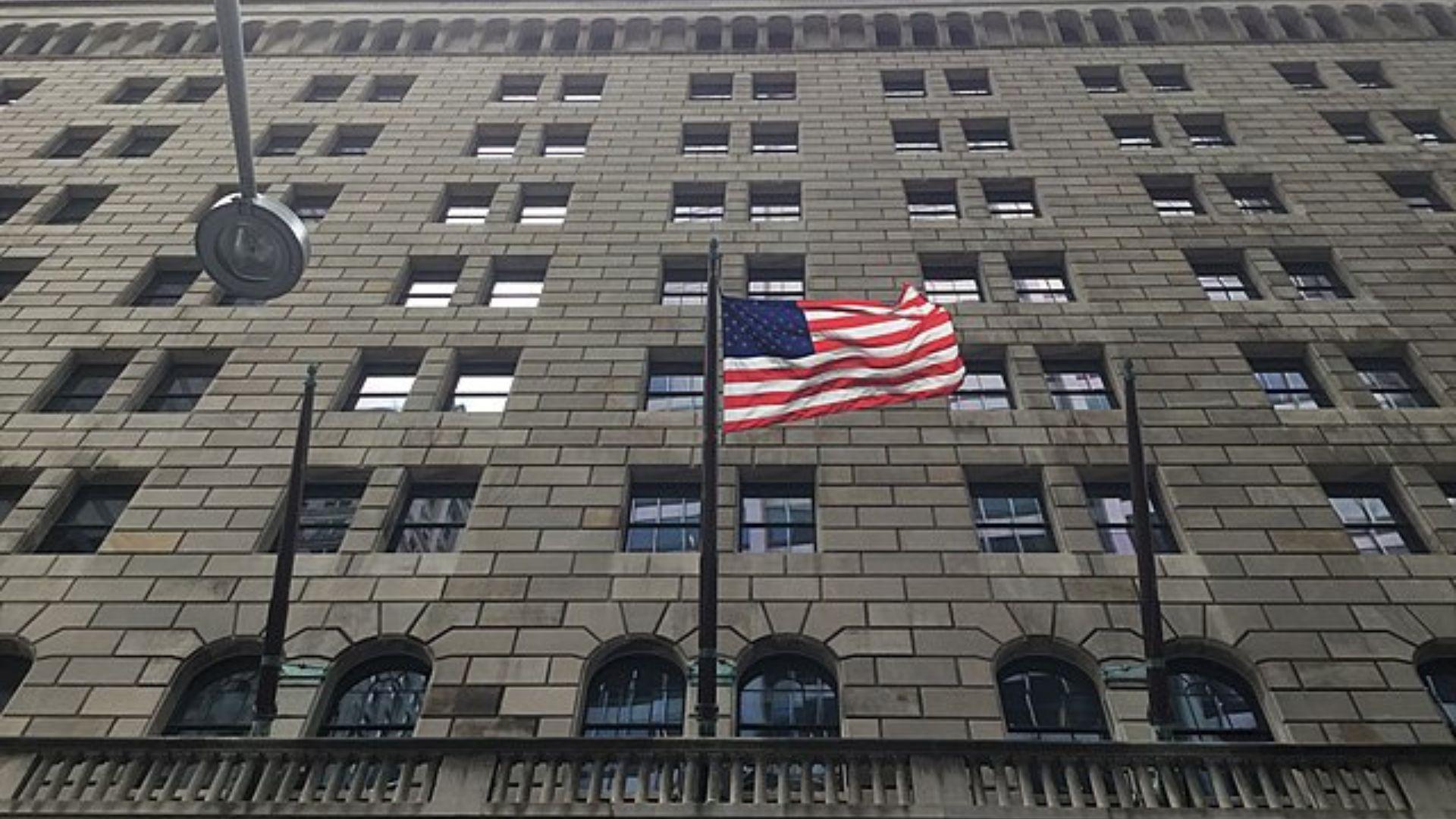
Recent data from the New York Federal Reserve reveals a startling increase in credit card balances, which have now reached a record $1.1 trillion.
Alongside this rise, there has been an uptick in delinquencies, indicating growing financial distress among consumers. The data also shows that overall debt loads have increased, while real incomes have not risen sufficiently to offset the higher borrowing costs.
The Goldilocks Scenario: Balancing Inflation and Recession

Weinberg refers to the current economic situation as a “Goldilocks forecast”— an attempt by the Federal Reserve to lower inflation without triggering a recession (via CNBC).
He identifies consumer credit and credit cards as the primary areas of downside risk. This scenario presents a delicate balance for the economy, as it navigates the challenges of managing inflation and sustaining consumer spending.
The Role of Pandemic Policies in Inflation
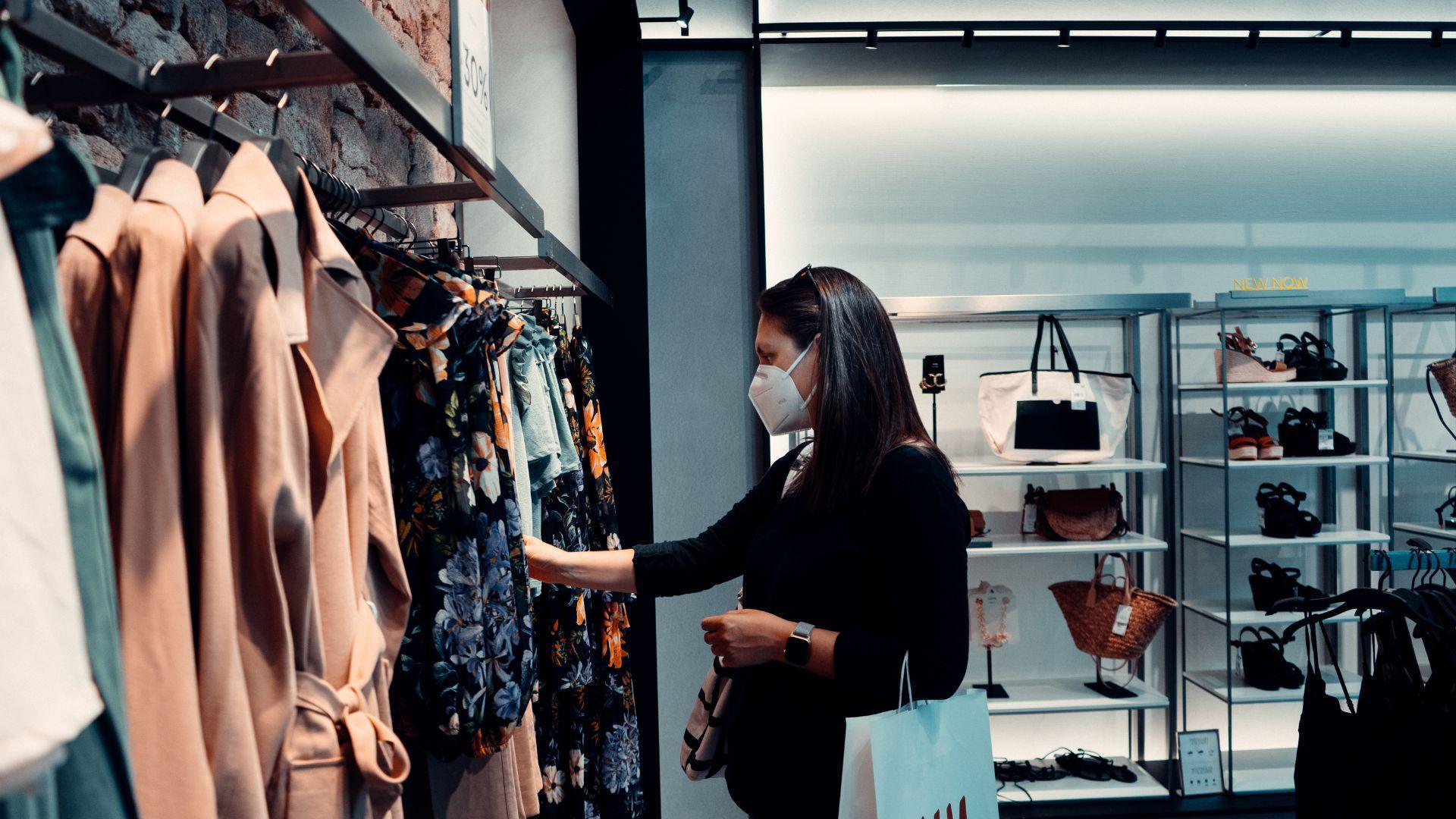
Weinberg attributes the recent spike in inflation to the expansive monetary and fiscal policies implemented during the pandemic.
He is optimistic that inflation will return to more normal levels soon. Based on this outlook, Weinberg anticipates that the Federal Reserve might significantly reduce interest rates in the coming year, which could alleviate some of the financial pressures currently facing consumers.
Navigating the Current Economic Landscape
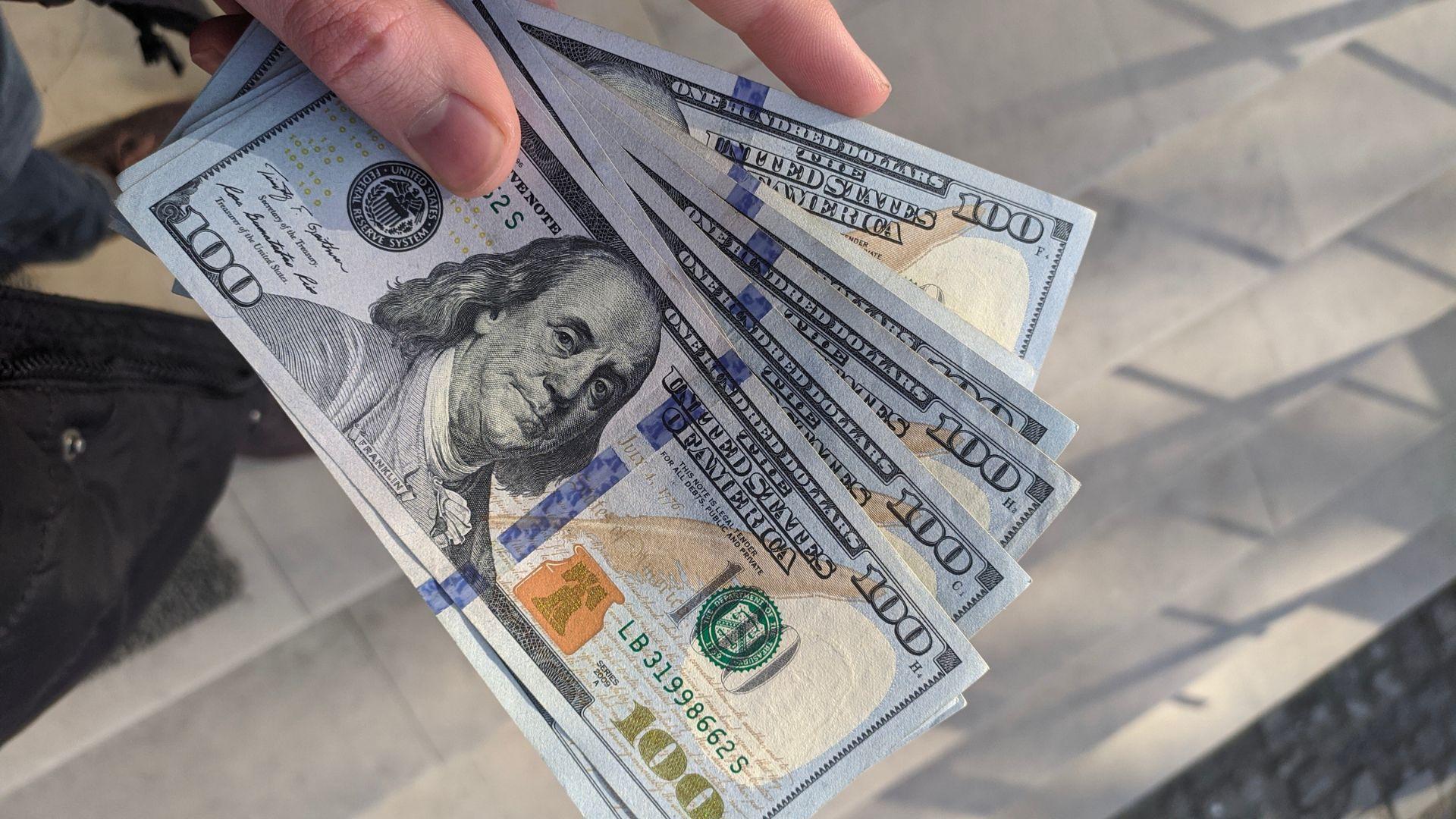
The current state of the U.S. economy, as depicted by these various experts, presents a complex and challenging landscape.
The rising tide of credit card debt, coupled with the concerns of economic slowdown and persistent inflation, calls for careful navigation by consumers and policymakers alike.
